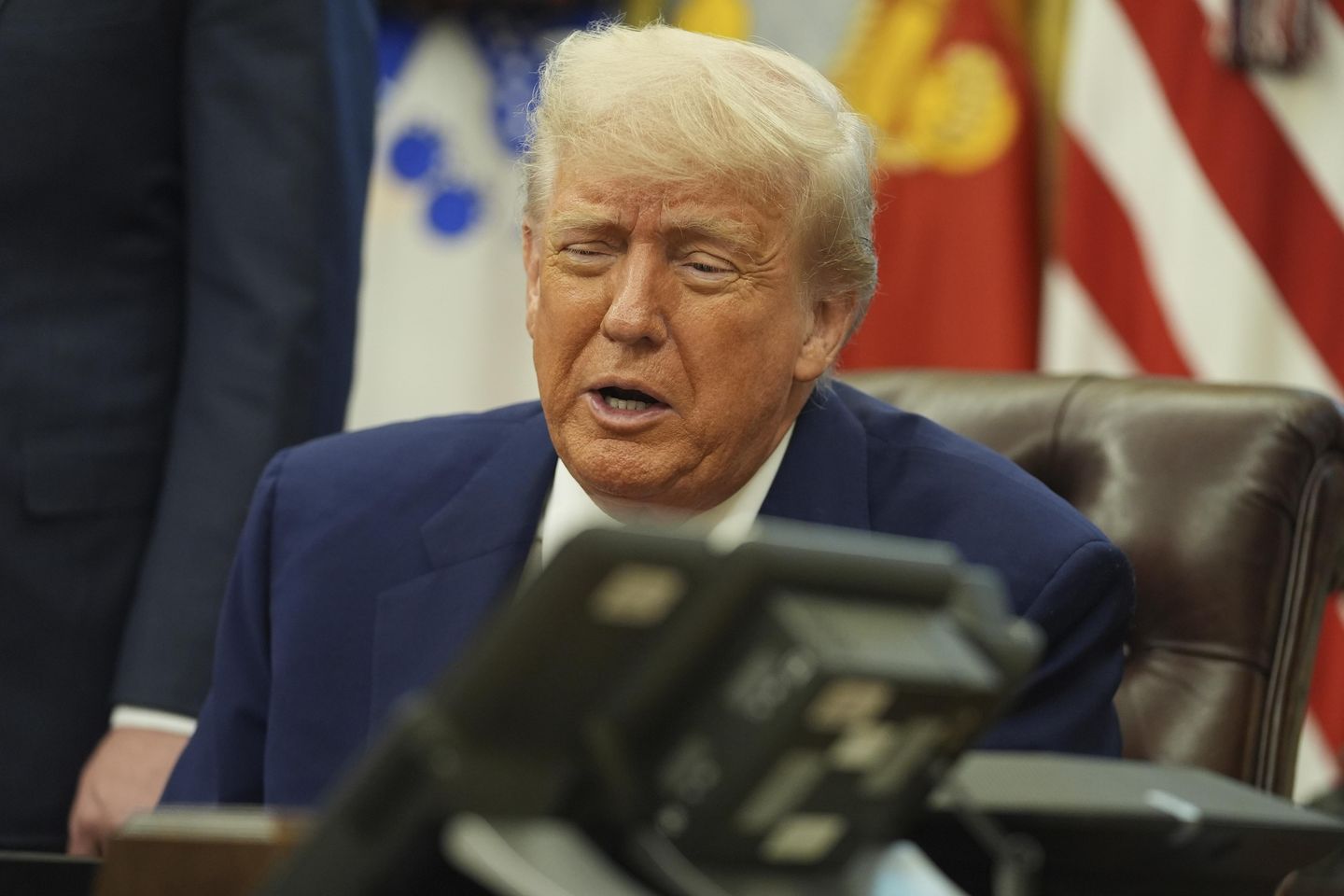
Don’t miss the full story from our staff writers, whose reportage is the basis of this article.
President Trump announced a new trade deal with Britain that will significantly open the British market to American agricultural products, chemicals, and machinery. The agreement allows American beef, ethanol, and other farm products greater access to British markets, while Britain agreed to drop certain non-tariff trade barriers.
In exchange, Britain will benefit from business partnerships with major American companies and receive relief on specific tariffs. British automobile tariffs will decrease from 25% to 10% for a quota of 100,000 vehicles, while steel and aluminum tariffs will be eliminated entirely.
Commerce Secretary Howard Lutnick stated that a baseline 10% tariff on British products would remain, but the deal is expected to create $5 billion in opportunities for U.S. exporters and generate $6 billion in tariff revenue. Wall Street responded positively to this development, with major indexes rising as investors welcomed progress in improving global trade terms.
This agreement comes after the president imposed a 10% tariff on all imports in April and threatened higher levies on countries with large trade deficits with the U.S. Mr. Trump paused these increased tariffs for 90 days to allow negotiations, with Britain being the first to reach a deal.
The pact could be the first of many under President Trump’s “Liberation Day” plan, which threatens substantial tariffs on countries that don’t reduce trade barriers. Both Mr. Trump and British Prime Minister Keir Starmer expressed satisfaction with the agreement, though some details remain to be finalized.
The American Farm Bureau Federation praised the administration for opening the British market, while some trade experts offered mixed reviews, noting that the continuing 10% tariff on British goods was unfortunate.
The U.S. trade team faces bigger challenges ahead, particularly with China, where tariffs exceed 100% on both sides. Other Asian trading partners are also negotiating but face domestic pressures.
The deal is notable because the U.S. actually had a trade surplus of nearly $12 billion with Britain in 2024, which contradicts Mr. Trump’s usual focus on trade deficits. Meanwhile, tension persists between the U.S. and the European Union, which has outlined potential retaliatory tariffs on $107 billion worth of U.S. products if negotiations fail.
Read more: Trump hails U.K. trade deal that opens British market to farm products, other goods
This article is written with the assistance of generative artificial intelligence based solely on Washington Times original reporting and wire services. For more information, please read our AI policy or contact Ann Wog, Managing Editor for Digital, at awog@washingtontimes.com
The Washington Times AI Ethics Newsroom Committee can be reached at aispotlight@washingtontimes.com.












